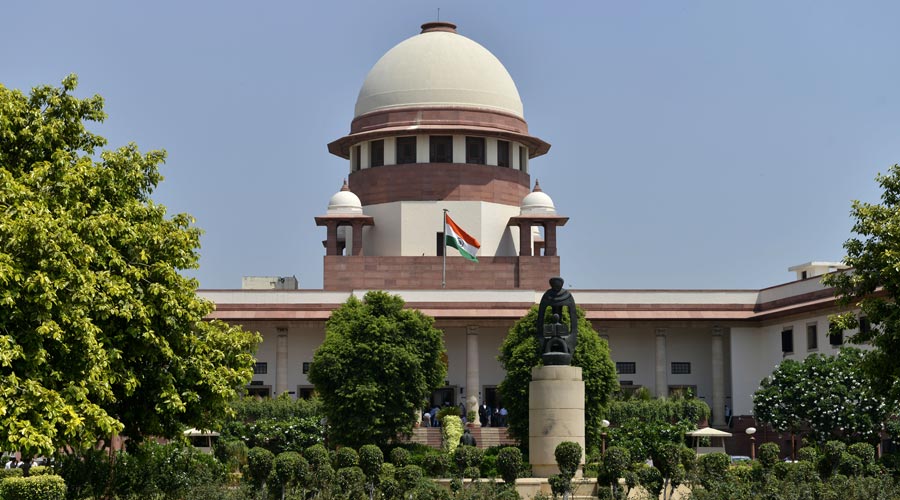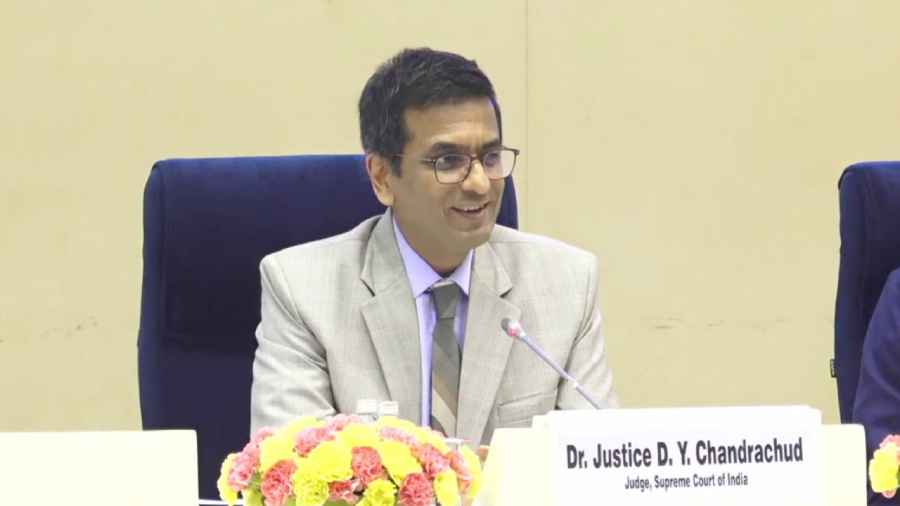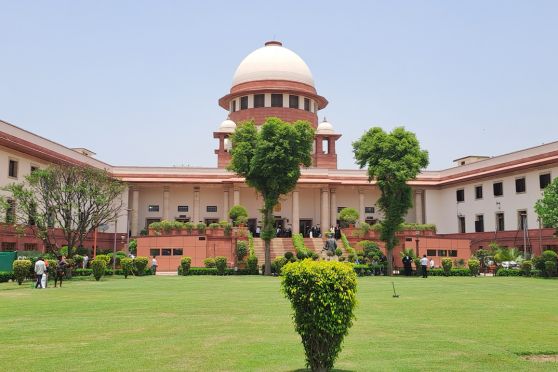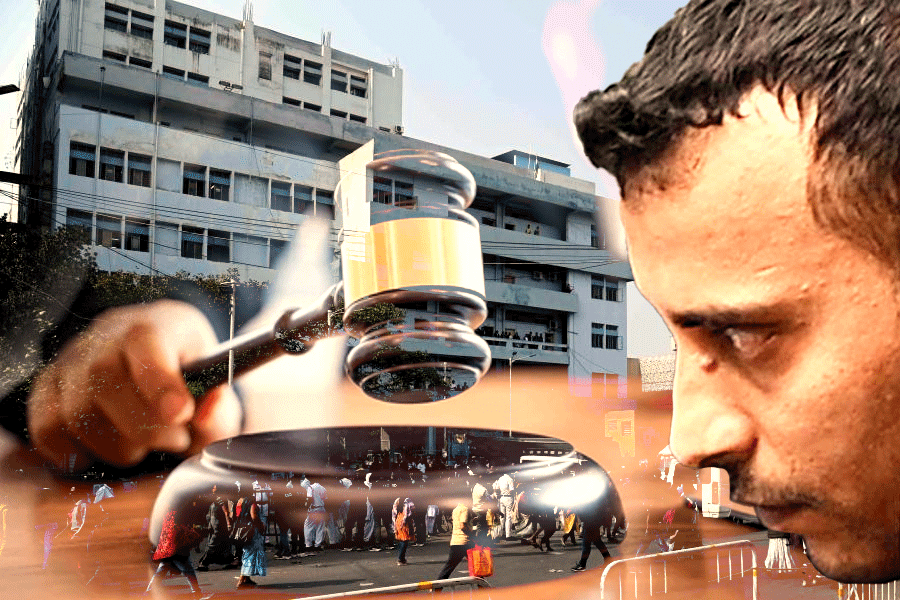The Supreme Court on Monday referred to a five-judge Constitution bench a suo motu plea to frame guidelines on how and when potential mitigating circumstances be considered by courts during trial in cases which entail the death penalty as the maximum punishment.
A bench headed by Chief Justice Uday Umesh Lalit said it was of the opinion that this matter required a hearing by a larger bench to have clarity and uniform approach as to when an accused, facing death penalty as maximum sentence, is required to be heard with regard to mitigating circumstances. "Let the matter be placed before the CJI for orders in this regard," Justice S Ravindra Bhat said while pronouncing the verdict, reports PTI from New Delhi.
"A death sentence is irreversible and every opportunity should be given to the accused for consideration of mitigating circumstances so that the court concludes that capital punishment is not warranted," the bench had observed while reserving its verdict on August 17.
The top court had taken note of the issue, saying there was an urgent need to ensure that mitigating circumstances for conviction of offences that carry the possibility of a death sentence are considered at the trial stage.
The case was titled as Framing Guidelines Regarding Potential Mitigating Circumstances to be Considered While Imposing Death Sentences .
The suo motu case was registered by the court in April while hearing a plea by one Irfan @ Bhayu Mevati (appellant) challenging the death penalty imposed on him by the trial court and confirmed by the Madhya Pradesh High Court.
It was pointed out that the analysis and report by the probation officer in such cases do not consider the complete profile of the accused and may be dependent upon the interviews which would have taken place at the fag end of the trial, according to leag website Bar& Bench.
Hence, the Court had opined that aside from the probation officer, if someone from the defence side is given the facility of interviewing the accused right at the beginning of the trial, a comprehensive analysis can then be projected at a stage when the matter is considered from the standpoint of whether death sentence is to be imposed or not.
To consider these aspects, the court had converted an application filed by Project 39A of National Law University, Delhi into a separate writ petition. It had also issued notice to Attorney General KK Venugopal and the Member Secretary of the National Legal Services Authority (NALSA), in the matter.
Further, it had appointed Senior Advocate Siddhartha Dave, assisted by Advocate K Parameshwar, as amicus curiae in the matter.
Last month, the Court had reserved its orders on the issue, stating that they would either refer the issue to a larger bench, or frame the guidelines itself, which may overturn some earlier Supreme Court verdicts.












